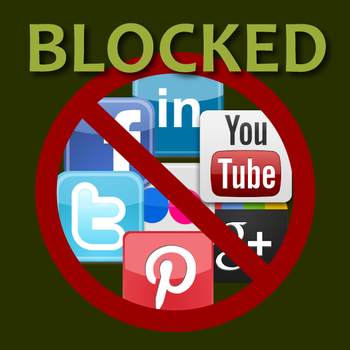Business owners often know what they want in their businesses, but they don’t have clear goals on how to get what they want. They just know they want to be successful. They know they want to make more money. They know they want to do the thing that their business does.
Here’s the thing though: having clear and specific goals makes it easier to do everything else. Having clear goals even creates more time in your business because you’re not spending time on things that won’t move you forward. Clear business goals also help you define clear marketing goals which will ensure your attention and messaging is focused on what will have an impact on your business. And good marketing turns into more leads, which turns into more sales!
WHAT ARE YOUR GOALS?
Spend time thinking about your business goals, specifically about what you're hoping to achieve through your marketing. It's probably (though not necessarily) a given that one of your goals is to make more money, but we want to get more specific than that today. Your goals may include things, such as:
Being known as an expert at something
Being seen as a resource on a certain topic
Expanding your audience geographically or demographically
Getting more engagement online and building community
Increasing sales in a certain part of your business
Getting other people to talk about you to their communities
Filling a certain program
Increasing sales online instead of in person
Because it always helps to see specific examples, I'll share some of mine and create some fictional examples:
Be seen as an expert in explaining social media for small business
Be seen as an expert in nutrition and wellness
Expand audience beyond the Ottawa-area
Expand audience to new moms
Increase sales in one-on-one coaching and speaking (or sign two new clients per month)
Create content that is linked to by other bloggers and media outlets
Be more findable in search
You can be even more precise and create goals that are channel-specific:
Increase Facebook likes by 300 people
Establish a presence on YouTube and get 1000 video views
Get retweeted and tagged by industry experts on Twitter
Get three media hits per month
REALLY UNDERSTAND WHAT YOU'RE TRYING TO ACHIEVE
The more you work to figure out these goals and why you're setting them, the more likely you will work them into your plan efficiently. Take a few minutes and write down an explanation of what you mean by each one and why they're important to you. For example:
I really enjoy helping small business owners figure out how to use social media for their business in a one-on-one setting. I get energized and excited when having personalized calls with business owners and hearing them figure out what they could be doing. Their lightbulb moments make my day, and their wins and increased revenue are my wins too. I want to do more of that so I need to make it clear that this is something that I do, like to do and I am good at.
I feel that it's time to expand beyond my local market. I like to spend time in Toronto and Boston and want to start by growing my audience in those specific cities. To do that, I need to start to grow an audience in those cities, so there is already a start of a customer base in those cities when I arrive to hold an event or launch a product. I need to figure out where my audience is spending their time (online and off) in those cities so I can create a custom plan.
I want to grow my online sales. I know that if I focus more of my attention on driving people to my online store and the products I sell there, I can increase that revenue stream. That may mean decreasing what I make in person while I focus on online or working extra hours to carry me through the gap.
TIME TO DO THE WORK
I challenge you to spend 10 minutes right now coming up with three or four marketing goals for the next six months. Really think about what you like to do, what you want to be doing and why you want to be doing it and give yourself some real explanations on why those are important and meaningful goals for you and your business and your marketing right now. Then leave a comment and share some of those ideas here!









